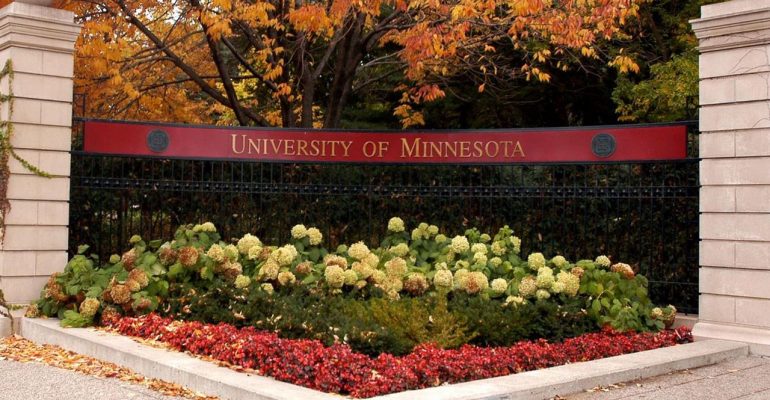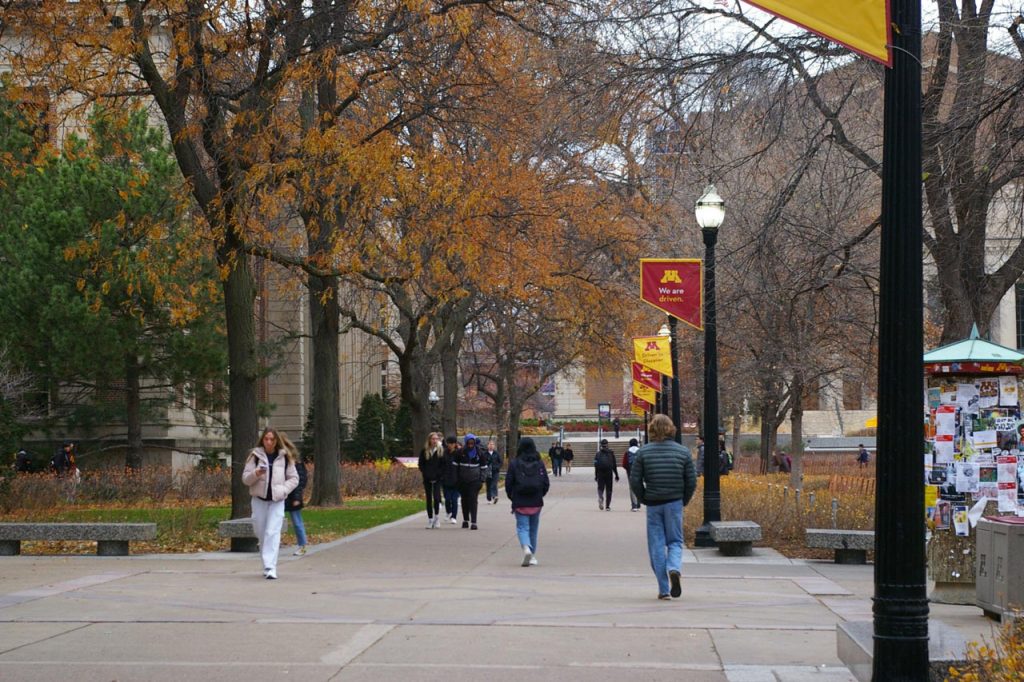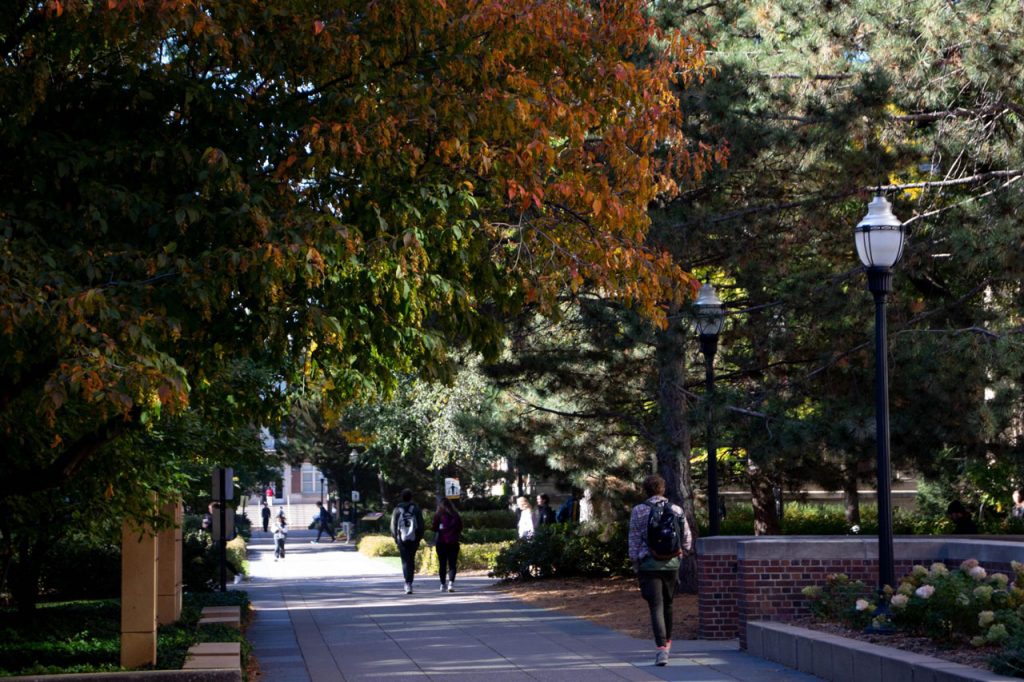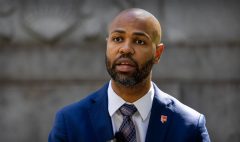UMN Muslim community speaks out on Islamophobic climate
November 11, 2024 2025-01-25 23:51UMN Muslim community speaks out on Islamophobic climate

UMN Muslim community speaks out on Islamophobic climate
The Muslim campus community said they feel the University administration is not doing enough to protect them given recent incidents. Since the Oct. 7, 2023 Hamas attack on Israel, Muslim students at the University of Minnesota have reported incidents of Islamophobia against them.
On Oct. 17, a man approached a group of pro-Palestinian protesters, calling them terrorists outside of Coffman Union. The incident was caught on video, posted to the Students for Justice for Palestine’s Instagram page and reposted on Al Jazeera’s Instagram page. “All you f—ing Muslim terrorists,” the man in the video said.
On Oct. 22, one day after the Morrill Hall takeover, a man in a crowd of a pro-Palestinian protest in front of Coffman Union yelled calling speakers and them terrorists. “Every time a speaker stopped talking, the man yelled terrorists,” Abouhekel said. Abouhekel did not report the incident to University administration or the University of Minnesota Police Department.
University of Minnesota spokesperson Jake Ricker said the safety of students, faculty and staff is the University’s top priority. “Acts of harassment, intimidation or bias — including these two incidents — are entirely unacceptable and will not be tolerated,” Ricker said. “We have and will respond promptly and fully to any reports of this behavior on campus.”

Fourth-year student Shahd Abouhekel took the Oct. 17 video. “I feared for my safety and feared this guy would like physically attack us,” Abouhekel said. “He kept saying, “You guys are terrorists, all of you are terrorists, effing Muslims.’” Abouhekel did not report the incident to the University of Minnesota Police Department but said she sent a direct email to Heather McGinnis, senior assistant to the vice president for Student Affairs, reporting the incident.
McGinnis responded to Abouhekel’s email and provided links for reporting bias concerns and additional resources for support.
“I told them the rundown of what happened, and they decided to turn a blind eye,” Abouhekel said.
Abouhekel said the University’s response raises concerns for the Muslim community.“ There has been a rise of Islamophobia in the past year, and especially the past few months,” Abouhekel said. “The University decided to just not bring it to light, and they don’t want to address it, and they’re just ignoring it.”
President of the Muslim Student Association (MSA) Ibraheem Fannoun said he wants to see more accountability from the University. “When they hear about these things, they don’t do anything about it,” Fannoun said. “The administration is making a big show of listening, but not taking action.”
Abouhekel said being called a terrorist is nothing new to her, and she has faced discrimination for wearing the hijab at the University this semester. “I was sitting with my friend and we were studying, and the student comes next to us and throws a crumpled piece of paper at me,” Abouhekel said. “We open it up and it says, ‘Your hijab is a disgrace to women.’”

Fourth-year student and President of the Undergraduate Student Government Rahma Ali said she does not feel safe on campus. “It’s not easy being a Muslim woman,” Ali said. “It’s not easy being a woman, and on top of that, a Black hijabi woman too.”
Ali said the issue goes beyond being called a terrorist. Islamophobia affects both the individual it is targeted towards and the community as a whole, negatively contributing to one’s mental health and identity, she added.
There have been issues with verbal harassment against Muslim women in the University community, especially since the Oct. 7 attacks, Fannoun said.
According to Fannoun, Islamophobia on campus has increased since the Oct. 7 attacks due to a misunderstanding of pro-Palestinian messaging.
“People see it as a show of hatred toward other groups,” Fannoun said. “It’s not accurate, and because of that, we see Islamophobia from other student organizations and even random individuals on campus.” Fannoun said his primary goal as MSA president is to prioritize his community and encourage people to do their research on Islam and Muslims.
“Look for somebody Muslim in your classes,” Fannoun said. “Ask them, and tell them to ask those who know, at the end of the day supporting Palestine is something we believe in and our religion is part of our beliefs.”
Source: The Minnesota Daily







